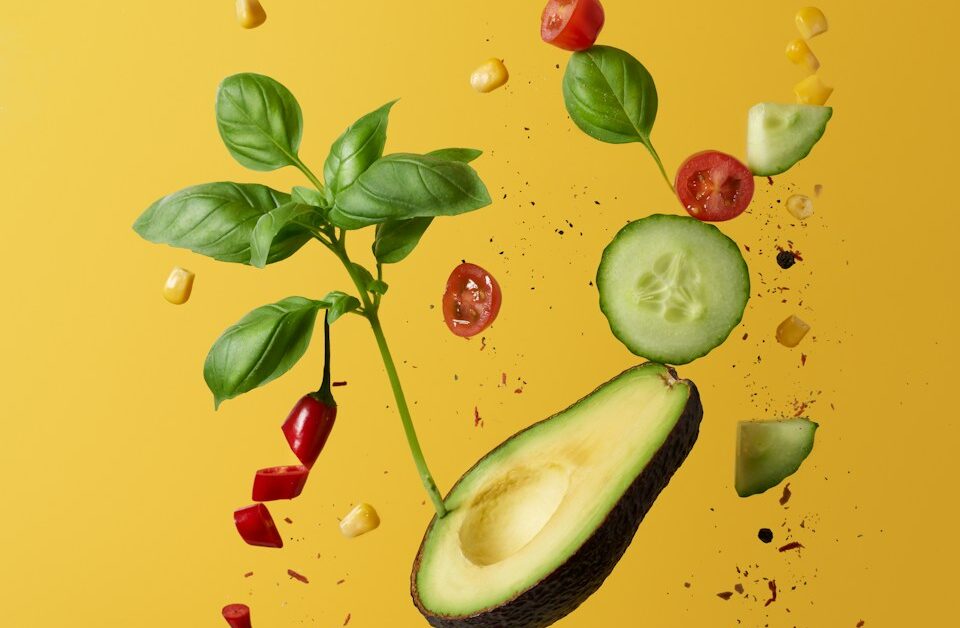Is cannibalism vegan?
Introduction
Cannibalism, the act of consuming the flesh or organs of one’s own species, has long been a taboo subject in most societies. However, with the rise of veganism and the increasing popularity of plant-based diets, a question arises: can cannibalism be considered vegan? In this article, we will explore the principles of veganism, the ethical considerations surrounding cannibalism, and whether or not the two can coexist.
The Principles of Veganism
Veganism is a lifestyle and dietary choice that seeks to exclude the use of animals for food, clothing, or any other purpose. The core principles of veganism include:
- Avoiding the consumption of animal products, including meat, dairy, eggs, and honey.
- Avoiding the use of animal-derived products, such as leather, fur, and silk.
- Promoting the ethical treatment of animals and advocating for their rights.
- Supporting sustainable and environmentally-friendly practices.
Ethical Considerations of Cannibalism
When discussing the ethics of cannibalism, it is important to note that the act itself is illegal in most countries and is widely condemned by society. However, for the purpose of this article, we will explore the ethical considerations from a hypothetical standpoint.
1. Consent: One of the fundamental principles of veganism is consent. Animals cannot provide informed consent to be consumed, which is why vegans argue against the consumption of animal products. In the case of cannibalism, it is highly unlikely that a person would willingly consent to being consumed. Therefore, cannibalism would violate the principle of consent.
2. Harm and Exploitation: Veganism seeks to minimize harm and exploitation towards animals. Cannibalism inherently involves harm and exploitation, as it involves killing and consuming another human being. This goes against the core principles of veganism, which advocate for non-violence and compassion towards all living beings.
3. Speciesism: Speciesism is the belief that one species is superior to others and can therefore use them for their own benefit. Veganism aims to challenge and reject speciesism. Cannibalism, on the other hand, reinforces the idea that humans are superior to other animals and can use them for their own consumption. This contradicts the principles of veganism.
Can Cannibalism be Vegan?
Based on the principles of veganism and the ethical considerations surrounding cannibalism, it is clear that cannibalism cannot be considered vegan. The act of consuming human flesh or organs involves harm, exploitation, and a violation of consent, which are all contrary to the core values of veganism.
Furthermore, it is important to note that cannibalism poses significant health risks, including the transmission of diseases and parasites. The consumption of human flesh can lead to the spread of prion diseases, such as Creutzfeldt-Jakob disease, which can be fatal. Therefore, from a health perspective, cannibalism is highly discouraged.
Conclusion
In conclusion, while cannibalism is a taboo subject that is widely condemned by society, it is important to analyze its ethical implications from different perspectives. From a vegan standpoint, cannibalism cannot be considered vegan due to the violation of consent, harm, and exploitation involved. Additionally, the health risks associated with cannibalism further discourage its practice. Ultimately, the principles of veganism promote compassion, non-violence, and the ethical treatment of all living beings, which are incompatible with the act of cannibalism.
